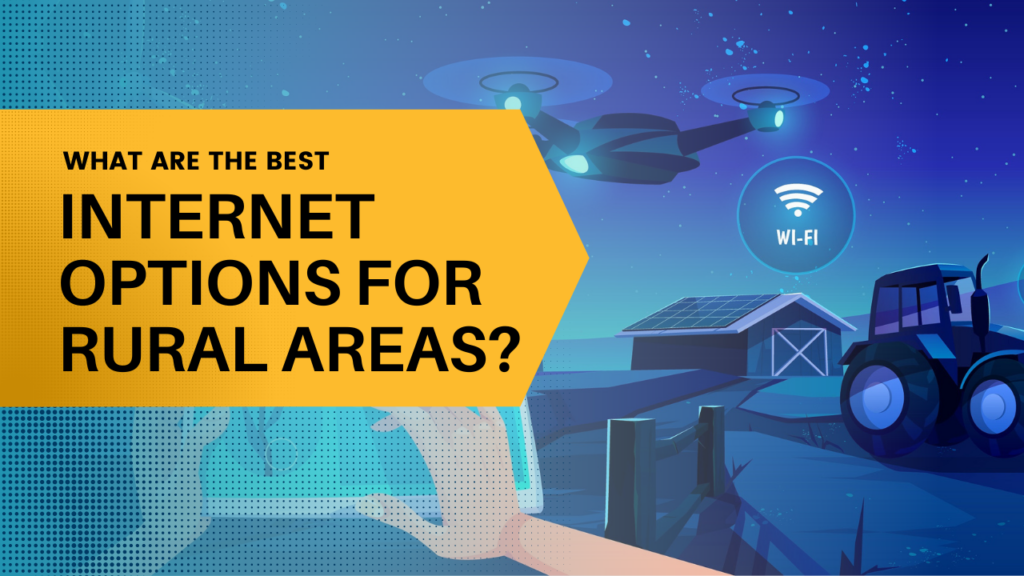Introduction
We are no longer in the days when the pen was the most significant tool in this world. Times have changed, and the internet is now the most powerful tool in this world. As we know, the internet is known for offering a wide range of helpful services and resources that are essential to our daily lives. As a result of the use of the internet, people have been able to progress in almost all aspects of their lives.
Because it is a worldwide network of computer networks. It can link people around the world and form communities to enable communication among them. This is a very convenient way to provide and access information, and it is available in almost every part of the world. In terms of speed, ease of accessibility, and cost, it has become a very efficient way of exchanging information across the globe. This saves a great deal of time as well. In today's world, you no longer have to spend your time running around looking for information - it is all available on your computer screens now, making the world a smaller place.
People nowadays use the internet for a variety of different reasons, including communication, education, transactions, online booking, leisure, shopping, etc., among many more. Moreover, life would be impossible without the Internet.

Also Read This: Understanding the Manufacturing Process of Rumble Strips
Fast-speed Internet Reliability
As you can imagine, finding reliable fast-speed internet in rural areas requires a little more work than finding it in larger cities. Because rural areas do not often have fiber optic internet infrastructure in place to connect to the Internet. The government has placed a lot of importance on bringing high-speed internet to rural areas, but it remains an uphill battle because ISPs have to be subsidized to make fiber-optic internet affordable for them. There has been an increase in funding for rural broadband, but rural areas are often limited to cable, DSL, satellite, hotspots, hybrid fiber-coaxial, or sometimes fiber options.
If you live in a more rural area (or even an area that is harder to reach), the difficulty of finding internet access can be more challenging. It has been estimated that 23% of Americans who live in rural areas do not have access to high-speed internet. According to the FCC, broadband is defined as having at least a speed of 3 Mbps upstream and a speed of 25 Mbps downstream. Most likely, if you use cable or fiber internet, you have probably been enjoying broadband speeds for some time now.
Since the expansion of fiber and cable networks in the last few years, rural internet access has come a long way in terms of accessing the internet. It is also significant to note that advances in broadband technologies and major efforts are being made by the Federal Communications Commission to close the digital divide. Likely, you will not be able to get the same download speeds as those in the city. However, you may still be able to get excellent internet service where you live even if your download speeds are lower than those in the city.
The pace of life in rural areas is usually slower, but not everyone is prepared for a time warp back to the days when dial-up internet was the norm. This is the right place if you’re looking for rural internet options that keep your home office and streaming apps connected so that you can work from anywhere.

What are the features to look for when purchasing wireless internet and Wi-Fi for rural areas?
A few things about rural internet might surprise you if you are new to it. The following are some things to keep in mind when purchasing wireless internet and Wi-Fi:
- It is extremely crucial to realize that not all internet connections are created equal. In the big cities, most people opt for cable or fiber but in rural areas, fiber may be challenging to find. It will be followed by DSL (VDSL or VDSL2), satellite, fixed wireless, mobile Wi-Fi hotspots, and last but not least dial-up.
- It's possible that you will not be able to get unlimited data or even 1 TB of data, so keep an eye on your data cap.
- There is a possibility that internet speeds in rural areas may be too slow for you to stream Netflix, make video calls, or play games.
- I would like to mention that if you are connecting to satellite internet, your latency may be too high for you to play video games such as first-person shooters (FPS) and other action-oriented video games. You should also be aware that if you are using a Wi-Fi connection, you may not get as much speed as you would when using a wired connection.
Also Read This: Easy Steps to Cancel Your Shutterstock Account
What options exist for Internet Access in Rural Areas?
Depending on what you're going to use the internet for, some rural internet providers will work better than others. The most common types of internet connection in rural areas are cable, DSL, and satellite. While fiber optic isn't widely available, it may still be an option if you live in the right area. Rural areas also have access to mobile Wi-Fi hotspots as well as dial-up internet, although these services might be more expensive due to the high cost of landlines.
If you live in a more rural area (or even an area that is harder to reach), the difficulty of finding internet access can be more challenging. It has been estimated that 23% of Americans who live in rural areas do not have access to high-speed internet. According to the FCC, broadband is defined as having at least a speed of 3 Mbps upstream and a speed of 25 Mbps downstream. Most likely, if you use cable or fiber internet, you have probably been enjoying broadband speeds for some time now.
Since the expansion of fiber and cable networks in the last few years, rural internet access has come a long way in terms of accessing the internet. It is also significant to note that advances in broadband technologies and major efforts are being made by the Federal Communications Commission to close the digital divide. Likely, you will not be able to get the same download speeds as those in the city. However, you may still be able to get excellent internet service where you live even if your download speeds are lower than those in the city.
The pace of life in rural areas is usually slower, but not everyone is prepared for a time warp back to the days when dial-up internet was the norm. This is the right place if you’re looking for rural internet options that keep your home office and streaming apps connected so that you can work from anywhere. Here's a video discussing the available choices for internet connectivity in rural regions.
Also Read This: Extracting Emails from LinkedIn Profiles What You Should Know
What are the features to look for when purchasing wireless internet and Wi-Fi for rural areas?
A few things about rural internet might surprise you if you are new to it. The following are some things to keep in mind when purchasing wireless internet and Wi-Fi:
- It is extremely crucial to realize that not all internet connections are created equal. In the big cities, most people opt for cable or fiber but in rural areas, fiber may be challenging to find. It will be followed by DSL (VDSL or VDSL2), satellite, fixed wireless, mobile Wi-Fi hotspots, and last but not least dial-up.
- It's possible that you will not be able to get unlimited data or even 1 TB of data, so keep an eye on your data cap.
- There is a possibility that internet speeds in rural areas may be too slow for you to stream Netflix, make video calls, or play games.
- I would like to mention that if you are connecting to satellite internet, your latency may be too high for you to play video games such as first-person shooters (FPS) and other action-oriented video games. You should also be aware that if you are using a Wi-Fi connection, you may not get as much speed as you would when using a wired connection.

Also Read This: What Replaced Dailymotion for Sex Scenes
What options exist for Internet Access in Rural Areas?
Depending on what you're going to use the internet for, some rural internet providers will work better than others. The most common types of internet connection in rural areas are cable, DSL, and satellite. While fiber optic isn't widely available, it may still be an option if you live in the right area. Rural areas also have access to mobile Wi-Fi hotspots as well as dial-up internet, although these services might be more expensive due to the high cost of landlines.
Cable Internet: For those looking for the fastest speed and the most data at a low price, cable internet is our number one choice. However, it is not available in a lot of remote areas. If you are lucky enough to find it in your area, you might have to pay more for it than one of your city-slick neighbours.
Fiber Internet: In the case of fiber optic internet, this is one of the most reliable and fastest forms of internet available today, as it provides some of the fastest speeds. The only problem with this option is that it is not as widely accessible as cable, DSL, or satellite. The good news is that most ISPs, such as Kinetic by Windstream, are actively involved in developing the infrastructure that will be necessary to bring this option to more rural towns as soon as possible. In the future, fiber-optic internet may become accessible to rural areas, if it is not currently available there.
DSL Internet: If you compare satellite internet to DSL, it may be slower and older. However, it is still a solid choice due to the lower prices and potentially higher data caps compared to cable. There is also a tendency for DSL to be more widely available in rural areas. However, you should be aware that many providers are phasing out their DSL internet service soon.
Satellite internet: Even though satellite internet isn't our first choice to access the internet due to its high prices and low data caps, satellite internet can reach more rural and remote areas than any other type of internet connection. As a result, if the satellite is your only option, you can be assured that it's still a reliable option if you live in a rural area.
Fixed wireless: There's still a lot of work to be done on the availability of fixed wireless, as it is a new technology. Despite this, most fixed wireless Internet service providers tend to charge far lower prices than satellite internet providers do. Some of them even offer unlimited data services.
Mobile Wi-Fi hotspot: Using a mobile Wi-Fi hotspot might be a smart way to stay connected while trekking into the wilderness in case you need a temporary internet connection. In some cases, your current cell phone plan includes Wi-Fi data for hotspots, so you will not have to pay extra for this service. When you use all of your data allowances, you should expect sluggish speeds and small data allowances. You can speed up your phone connection if you notice your connection is slow. However, there are a few things you can do to make sure your phone runs faster. Your "mobile internet" might be slow due to
- You may have an old phone.
- There are too many users on the same Wi-Fi network.
- Your mobile is overloaded with tabs or applications.
- It's difficult to locate your router.
The following information will help you to determine what internet connections might be available to you and what might be most suitable for your specific needs.

Also Read This: Is Dailymotion Converter Legal
Here are the top five rural Internet providers for 2022.
- HughesNet Internet
- Viasat Internet
- Century Link Internet
- T-Mobile Home Internet
- The rise in Broadband Internet
Also Read This: How to Change Your Email Address on LinkedIn
1. HughesNet Internet
Satellite internet at the best price
- Type of connection: Satellite
- Average price: $65-$160 per month
- The speed range: 20Mb/s
- Data cap: 10-50GB (maximum data cap)
- CNET review score: 5.7
HughesNet is one of the most popular satellite internet providers in 2022. The initial costs are lower than Viasat, although not by much, allowing it to compete with satellite internet. In contrast to Viasat's entry-level plan, HughesNet's entry-level plan is more affordable than Viasat's. HughesNet offers speeds up to 25Mbps and 15GB of data starting at $65 per month versus Viasat's 12Mbps and 40GB starting at $70.
In terms of data plans, Viasat seems to offer a great deal more, especially at the surface level. However, HughesNet offers an additional 50GB per month for all customers regardless of which plan they choose to purchase. In the "Bonus Zone," the extra 50GB of data is available between the hours of 2 a.m. and 8 a.m. when network congestion is thought to be at its lowest during these hours. The timing isn't ideal if you're not a night owl. However, if you're able to strategically schedule your downloads to occur between these hours, then you might be able to add a substantial chunk to your monthly data allowance.
With HughesNet, you can get Wi-Fi internet and internet phone service, which allows you to bundle your services and possibly save money on your internet bill.
HughesNet has extensive satellite coverage throughout the contiguous United States, which means that it is available anywhere in the contiguous United States. In this way, it is possible to get internet service without the need to pay for the potential additional costs that might come your way if you decide to get a cable or fiber internet line installed in your home. Moreover, HughesNet participates in the Federal Communications Commission's (FCC) Affordable Connectivity Program which is designed to provide broadband access at an affordable cost.
There is no doubt that HughesNet outperformed all other participating ISPs according to the FCC's Eighth Measuring Broadband in America Report. This report shows that HughesNet achieved a median speed of 150% or greater of what was advertised over a wired connection when compared to what was offered.
Pro
- If you live in a rural area with no other options, this is the most suitable choice.
- It is recommended for those with fewer than five devices who regularly use the internet.
- In the case of customers who do not require a lot of speed.
- Its services are available at almost every counter.
- There are better prices than Viasat when it comes to satellite Internet.
Cons
- It is not recommended for online gamers or people who stream a great deal of video on the internet.
- Not suitable for budget-conscious households.
- It's not good for people who work from home and use video conferencing regularly.
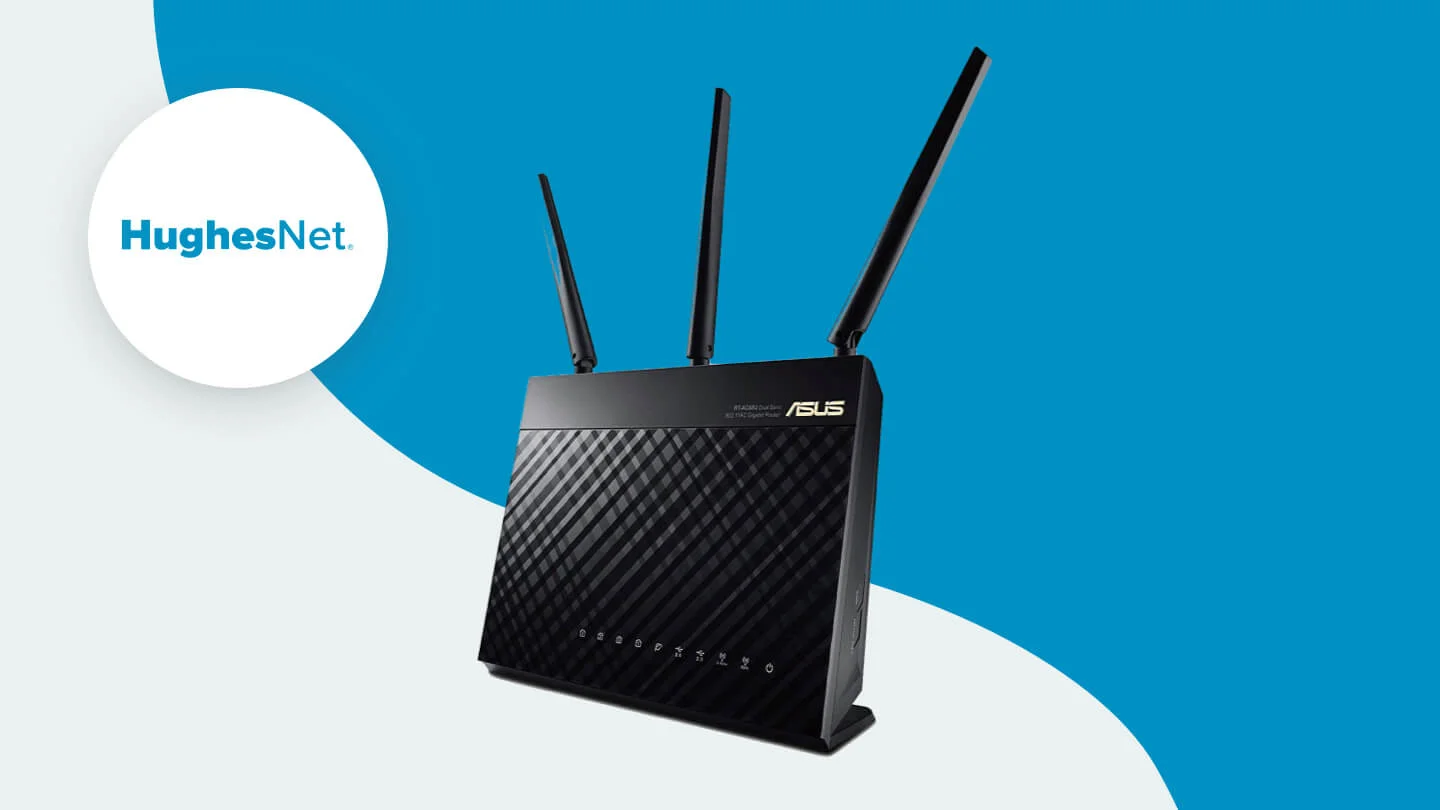
Also Read This: Unlock Creative Possibilities: Freepik AI-Generated Images
2. Viasat Internet
Satellite Internet provider with the fastest speed
- Type of connection: Satellite
- Cost range: $65-$170 per month
- Range of speeds: 12-100Mbps
- Maximum data cap: 40-150GB
- CNET review score: 6.1
One of the biggest downsides of satellite internet is its relatively slow speeds. However, in many areas, Viasat's speeds are higher than those of its main rival in the satellite internet market, HughesNet, in terms of speed. Viasat customers can choose to sign up for download speeds up to 50 Mbps or 100 Mbps in select areas. HughesNet tops out at 25 Mbps, the broadband threshold for broadband service. As per the FCC, almost half of Viasat's service area, which includes Alaska and Hawaii as well, is eligible for speeds up to 100Mbps. This is the same as about half of all US households, including Alaska and Hawaii.
There is no doubt that high speed comes with (not-so-good) pricing. In terms of rural broadband providers, Viasat is one of the most expensive. The service starts at a monthly rate of $65 for speeds as low as 12Mbps. This is in addition to an additional $13 per month that is charged for equipment each month. You will have to pay $170 or more per month if you want the fastest speeds, 100Mbps. It is also worth mentioning that there is a price hike that could add $30, $50 or $100 to your bill after just three months of service. This will depend on the plan you choose.
Currently, Viasat is the fastest satellite provider with coverage in all 50 states, but perhaps that will not last long. In recent years, we've seen a lot of attention being paid to technologies such as Elon Musk's Starlink, and Amazon's Project Kuiper. Consumers should keep an eye out for names like these in the years to come.
With Viasat, you can get a two-year price lock guarantee, which can be quite useful, especially since many Internet providers raise prices after a year of service, making it a smart idea to lock in your price for two years.
It is no wonder that Viasat has been ranked No. 2 on the list of the Best Satellite Internet Service Providers of 2022. And it is available almost anywhere in the world. Viasat is usually able to provide internet access for rural areas. That do not have access to other types of internet providers.
Pros
- For rural people, this is a good choice.
- It is the best option for those people who mostly use the internet to check their e-mails and surf the web.
- Suitable for those who are looking to bundle their services together.
- For people who can't get DSL, fiber, or cable.
Cons
- It is not suitable for those who watch videos on the internet.
- Not a wise choice for gamers.
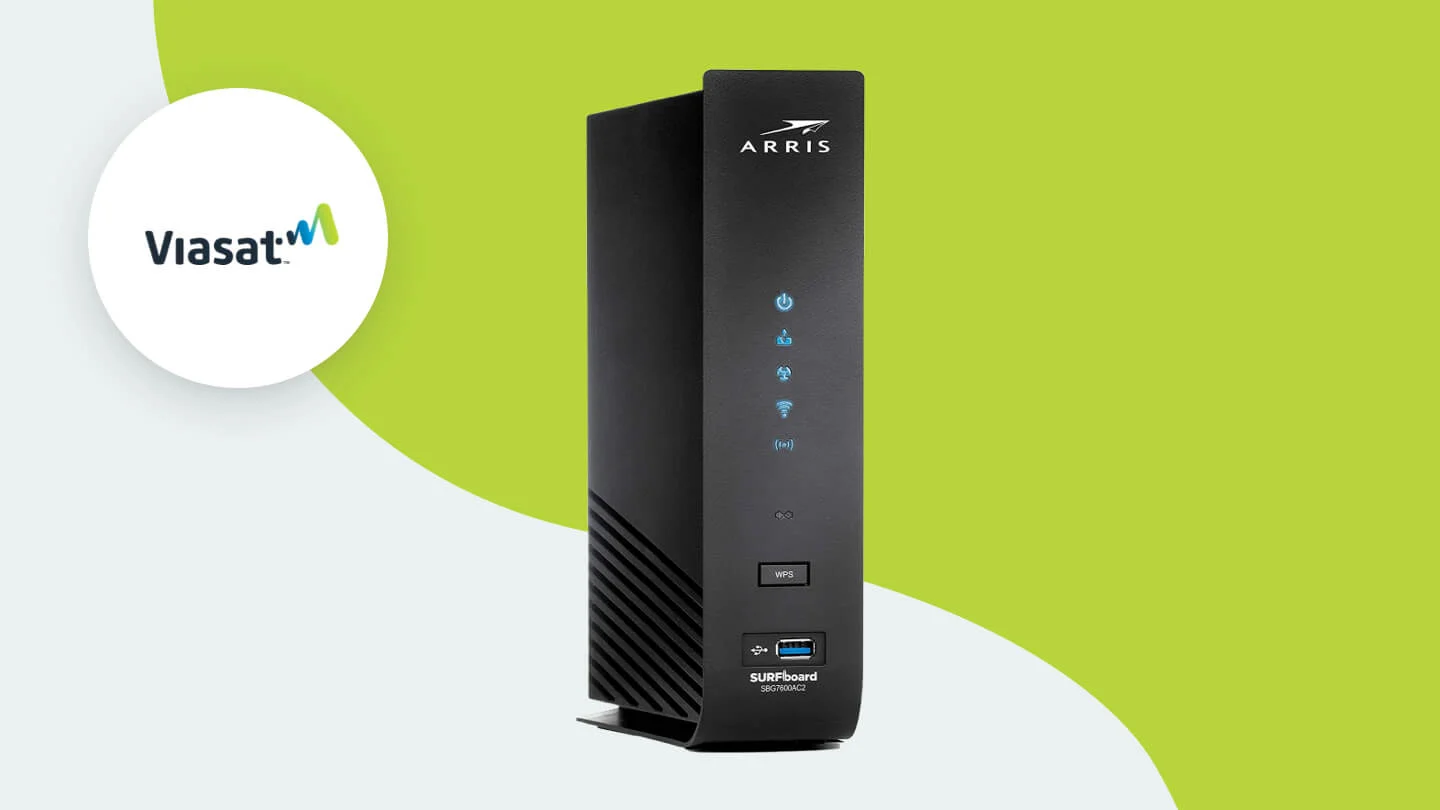
Also Read This: How to View Dislikes on YouTube Videos Step by Step
3. Century Link Internet
Overall, the most reliable rural internet provider
- Type of connection: DSL, fiber-optic
- Price range: $50-$70 per month
- Speeds: 1-940Mbps
- Data cap: None
- The CNET review score is: 6.7
There is no doubt that CenturyLink has one of the largest coverage areas among all ISPs. Due to this, it has overtaken satellite internet providers in almost every state from coast to coast, but mostly in rural and suburban areas. There is a wide range of coverage, around 77%, which can be attributed to CenturyLink's DSL network. This means that many rural residents in the company's service areas are likely to only be able to avail of DSL service. If you live in a CenturyLink area. You will have access to fiber and DSL internet services. It depends on where you live. According to our rankings, it is tied for No. 1 in the category of Best DSL Internet Service Providers, and No. 7 in the category of Best Fiber Internet Service Providers.
I am happy to report that 66% of DSL customers will be able to access speeds of 3Mbps or higher. That is, download speeds of up to 25Mbps and upload speeds of up to 3Mbps. And even more than a quarter of customers, around 28%, will be able to get speeds of 100Mbps or higher. It must be said that CenturyLink's internet service is very fast. It has speeds equal to or better than satellite internet. And the service is available at a lower price (starting at $49 per month), with unlimited data and no contracts. So it can compete with satellite internet in most service areas.
If you live in an area where CenturyLink's fiber service, Quantum Fiber, is available, count yourself lucky. According to the FCC, fiber service is not accessible in more than 25% of rural areas. In addition to the 100Mbps plan, Quantum Fiber is also offered in Gig service starting at $70 per month, as well as 100Mbps starting at $50 per month. If CenturyLink can offer fiber service in your area, I'd recommend that you decide which speed you require. I'd recommend that you choose CenturyLink's fiber service if it is available in your area versus satellite, DSL, or other rural internet connection types.
It is important to note that CenturyLink offers multiple packages, including bundles that include TV, voice, and internet all in one. Due to the high degree of coverage, it might be possible for you to move your internet with you. If you are moving from one apartment to another. Several options are available to you, such as Wi-Fi routing and an app that gives you the option to control your home via Wi-Fi, among other things. Nevertheless, you will have to pay a leasing fee for the equipment you choose to lease.
Pros
- CENTURYLINK IS THE BEST CHOICE FOR THE FOLLOWING:
- It is ideal for those who are looking for a plan with a price lock
- Those who do not want to sign a contract with a company
- People who use a lot of data in their households
Cons
- CENTURYLINK IS NOT RECOMMENDED FOR THE FOLLOWING:
- Customers who are interested in bundling their services together
- People who are looking for excellent customer service
- For those who live in an area where the speed of DSL is slower,
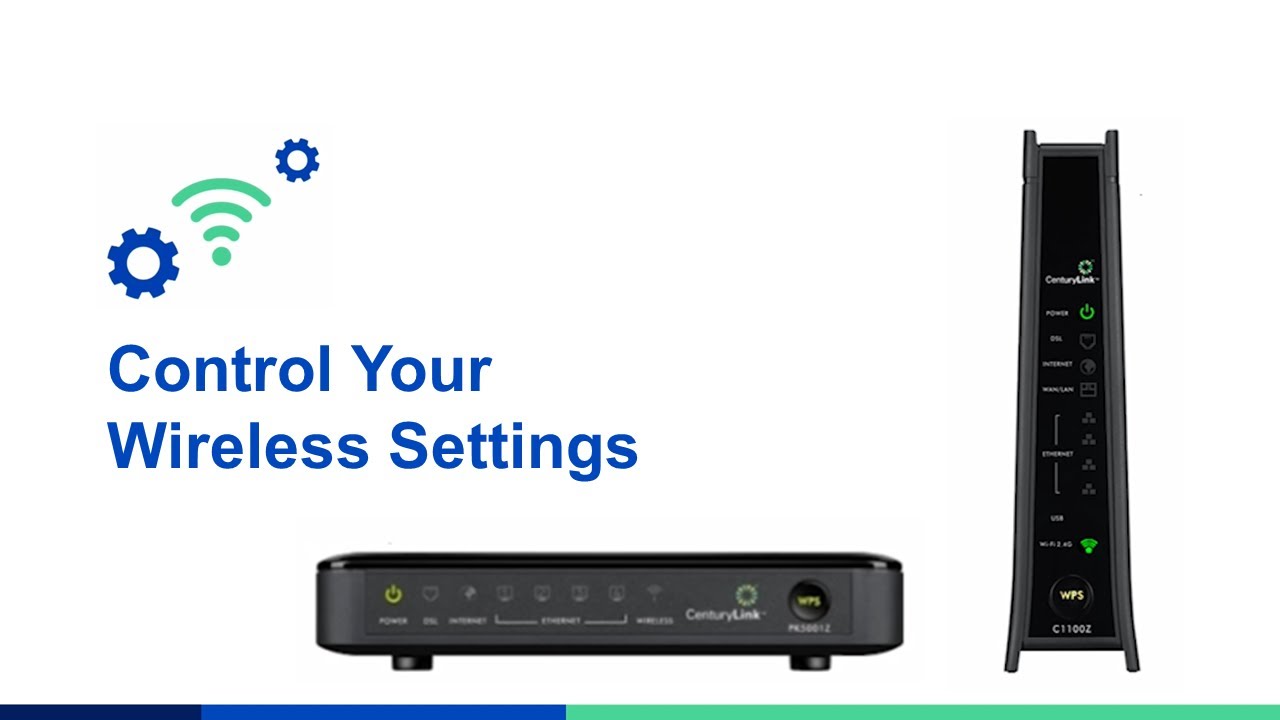
Also Read This: Maximizing Storyblocks for Your Creative Projects
4. T-Mobile Home Internet
Provider of the fastest 5G internet in rural areas
- Type of connection: Wireless
- The price range: $50 a month
- Typical speed range: 25-110Mbps
- Data Limit: Unlimited
- CNET review score: N/A
Undoubtedly, the arrival of 5G will be exciting news for your phone. However, it could also improve internet connectivity in your home, especially if you live in a rural area. At the moment, T-Mobile has the greatest availability of the 5G network. And its coverage extends to 30 million homes across 40 states, according to its website. T-Mobile estimates that nearly a third of those homes are in rural areas.
You will be able to get T-Mobile 5G home internet service if your address qualifies for it. You will be offered one choice of a plan: $50 per month for the fastest speeds.
As part of this plan, there are no data caps or contracts to worry about. And the equipment is also included in the price of the plan.
The actual speeds are likely to differ depending on the address. But it is likely to fall somewhere between 35 and 115 Mbps. Those speeds may not be as impressive as I would like to think. However, they are faster than you can expect from satellite service. This is because there are no data caps and contracts that you would have to deal with. When it comes to T-Mobile's home internet service, it occasionally falls back to 4G LTE. This means that speeds can further dip and vary during times of poor service.
The overall result is that T-Mobile has established itself as a viable option for consumers in the home internet space. It has become an exciting player to watch as it expands its 5G infrastructure in the coming years. At the very least, since it is a free service that does not require any contract commitment. So, it can be an opportunity to try something different. As a result, you can even use it as a means of negotiating with your current internet provider. Hopefully, its internet service will improve in the future.
Pros
- There are no long-term contracts
- The unlimited data plan
- Affordable pricing
- It's easy to install
Cons
- Lots of speed fluctuations
- Some servers take a long time to ping
- There aren't many router features on the modem
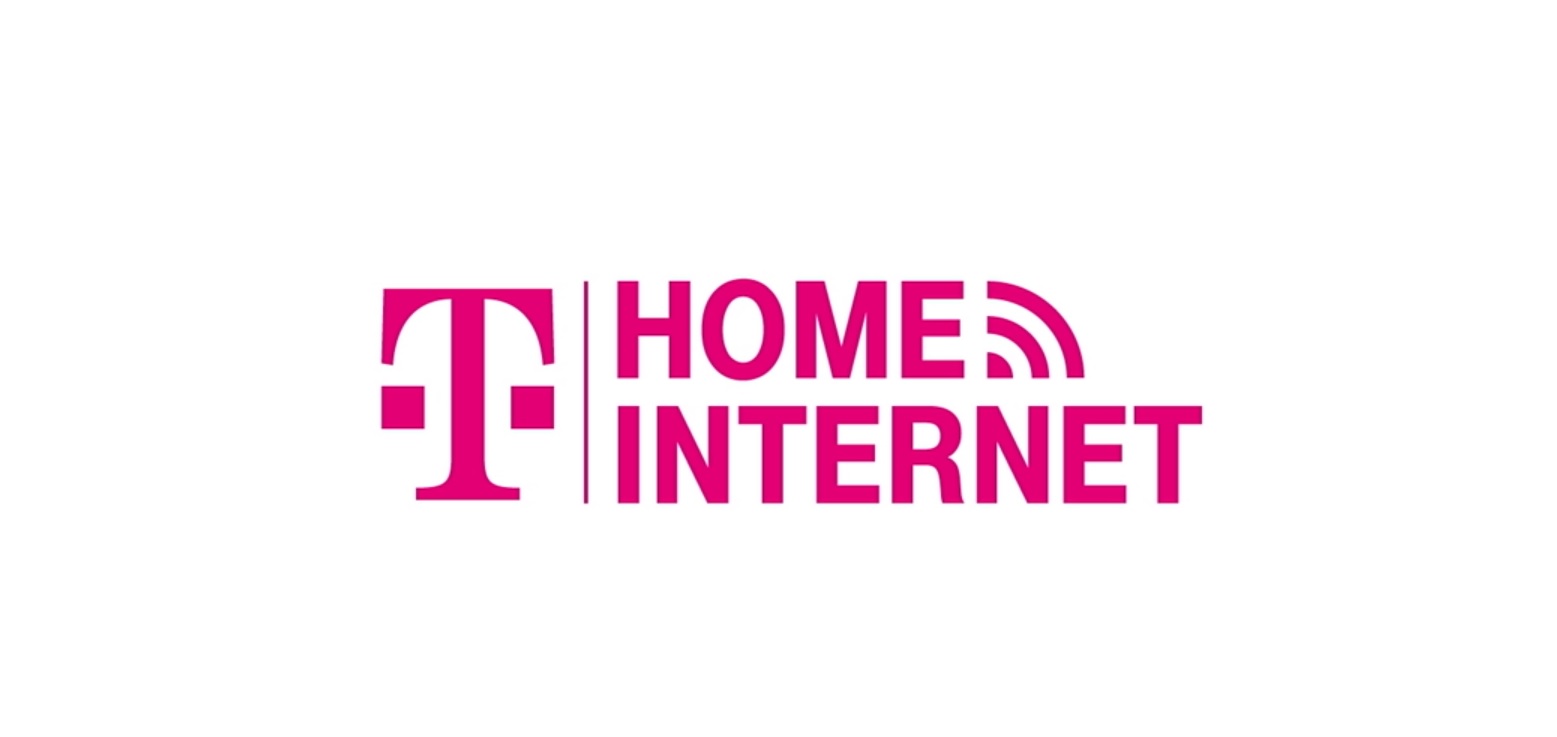
5. Rise in Broadband Internet
Choosing the most suitable fixed wireless ISP for rural areas
- Type of connection: Fixed Wireless
- Price: $25-$65 per month
- Speed: 5-100Mbps
- Data: 250GB, unlimited data options available
Review score on CNET: 6.2
In the US, Rise Broadband is a leading provider of fixed wireless internet services. Service is available to around 6% of households, many of which are located in rural areas of the country. A total of 16 states are covered by the service, with the highest levels of coverage being in Colorado, Idaho, Iowa, Illinois, Nebraska, Texas and Utah.
The fixed wireless service from Rise Broadband is similar to satellite internet. So, it does not require a direct line into the home. This makes it accessible to people in rural areas where cable, fiber optics, and even telephone lines do not reach. I would prefer Rise Broadband over satellite internet if it were available in my area. This is because the provider offers speeds up to 100Mbps, a latency that is low enough. So, it allows online gaming, and the ability to access truly unlimited data. This is for a relatively low price compared to satellite internet.
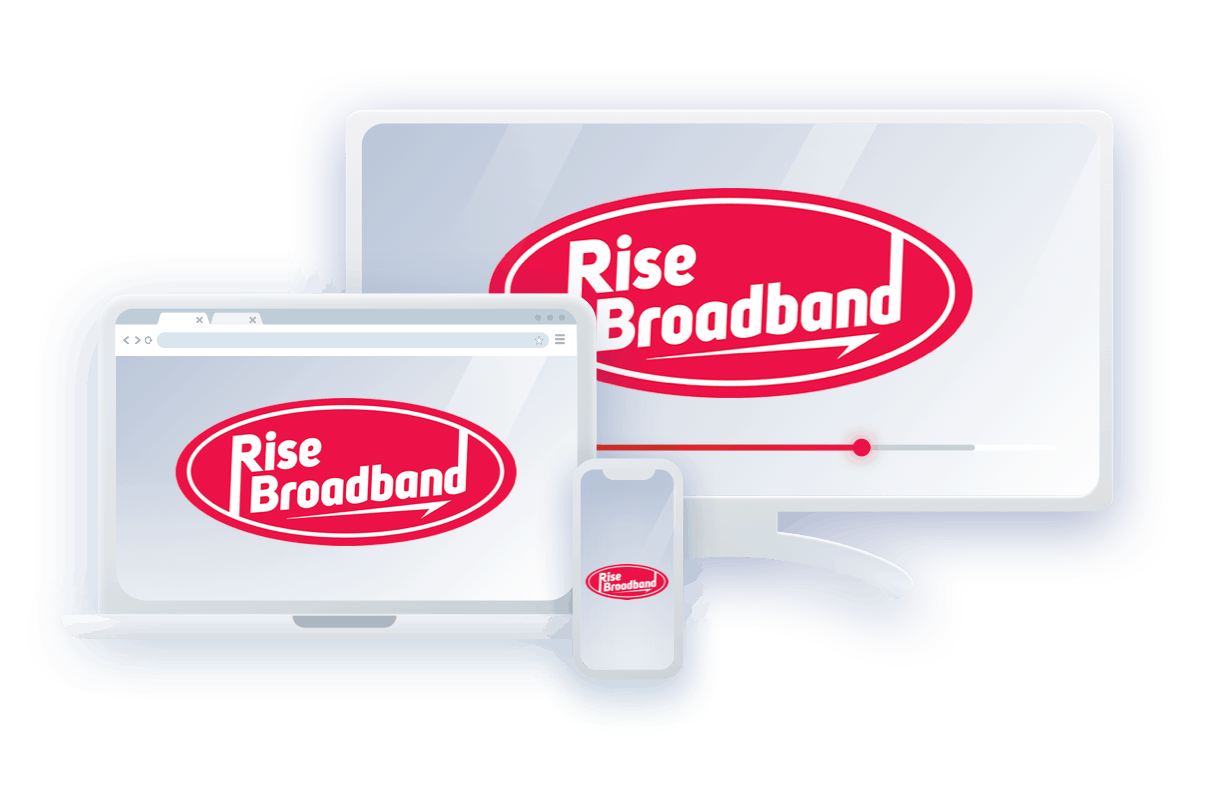
In addition to offering reliable internet for rural areas, Rise Broadband also offers Premium Wi-Fi and Premium Mesh Wi-Fi as optional add-ons to all of its internet plans for those who want to connect wireless.
In 16 states, Rise Broadband provides internet service at speeds of 25, 50, and possibly even 100Mbps. This makes it a wise choice for rural residents seeking access to the internet. As well as unlimited data plan options, the company also offers limited plans that include 250GB of data. Which is a very uncommon feature for rural internet providers. However, even if you do not choose a limited plan, the 250GB you get with the company's limited plans will allow you to do lots of online activities. It is best to avoid using over your data cap if you have one since this will result in your monthly fees shooting up if you do so.
Pros
- Affordable plans
- Widely available
- Reaching remote places
- There are no contracts
- Data caps and non-data caps
- Provides internet, TV, and/or phone bundles
Cons
- Top-of-the-line 50 Mbps internet plans
- Download speeds are inconsistent
- It's slower than cable.
- Only a technician can set it up
If you live in a rural area, these are the most viable options available to you. It is wise to check and then decide which of the options is right for you.
